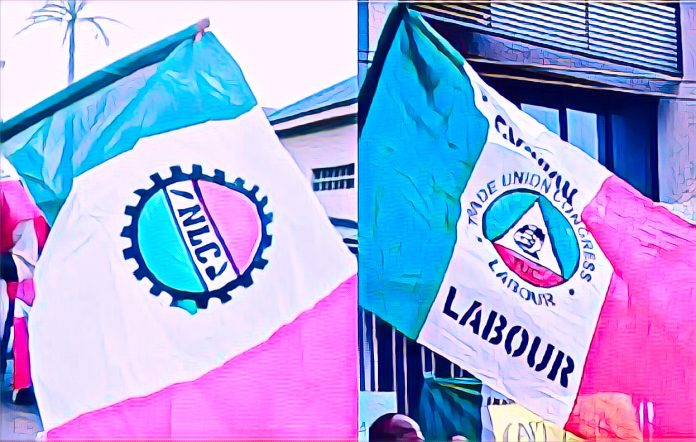After six months of intense negotiations, the federal government and organized labor in Nigeria have reached an agreement to set the national minimum wage at N70,000 for the next three years. This decision comes following extensive discussions that saw President Bola Tinubu intervene personally to mediate between the government and labor unions.
The new minimum wage, which marks a significant increase from the N62,000 initially proposed by the government’s team at the Tripartite Committee on the Minimum Wage, represents a key achievement in the ongoing efforts to address wage disparities and improve worker conditions. This agreement is also notable for its reduction in the review cycle of the minimum wage, which has been shortened from five years to three years.
The breakthrough in negotiations was announced by Mohammed Idris, the Minister of Information and National Orientation. Idris described the agreement as a positive development for Nigeria, a win for both the federal government and organized labour. The minister highlighted that the new wage rate, set at N70,000, will be submitted to the National Assembly for formal legislation.
The negotiations resulted in a meeting at the Presidential Villa in Abuja, where representatives from both sides came together to finalize the agreement. The labor delegation, led by Joe Ajaero, President of the Nigeria Labour Congress (NLC), and Festus Osifo, President of the Trade Union Congress (TUC), engaged in detailed discussions with the President and his team. The agreement to set the minimum wage at N70,000 follows a period of contentious discussions and disagreements, including a previous deadlock on June 7, 2024.
The first disagreement arose when the government side suggested paying N62,000, but labour organizations had advocated for a far greater amount—N250,000. After this standoff, President Tinubu received separate reports from the two parties. He then conducted lengthy meetings with a number of stakeholders, including governors, before determining the ultimate amount.
In order to bridge the differences in viewpoints, President Tinubu focused on resolving labor union issues while also holding extensive stakeholder meetings. The agreement to evaluate the minimum wage every three years, as opposed to the previous five-year review cycle, is one of the main outcomes of these discussions. The goal of this adjustment is to enable more frequent modifications in response to inflationary pressures and economic situations.
Joe Ajaero, the NLC President, expressed a mixed reaction to the agreement. While acknowledging the increase from N62,000 to N70,000 as a step forward, Ajaero noted that labor unions had initially sought a higher amount. However, he appreciated the reduction in the review period from five years to three years, which he believes will allow for more timely adjustments in the future. Ajaero also highlighted the importance of addressing other issues raised during negotiations, including the concerns related to SSANU (Senior Staff Association of Nigerian Universities) and NASU (Non-Academic Staff Union of Educational and Associated Institutions).
Ajaero commended President Tinubu for his responsiveness to these concerns, particularly regarding the challenges faced by workers in the university sector. The labor unions had raised issues related to university staff and the need for prompt resolution to avoid disruptions in academic activities. President Tinubu’s commitment to addressing these issues and ensuring that universities remain operational was seen as a positive development by labor representatives.
Festus Osifo, the TUC President, also commented on the agreement, highlighting the significance of the reduced review cycle. Osifo pointed out that a three-year review period would better align with the rapidly changing economic conditions and allow for more effective adjustments to the minimum wage. He also noted the President’s commitment to addressing broader economic issues, including student loans, which had been a point of contention during negotiations.
Osifo praised the President for his efforts to address the needs of university staff and other workers, emphasizing the importance of maintaining operational universities and preventing future closures. He also reiterated the need for transparency in the implementation of student loan programs, ensuring that assistance reaches the intended beneficiaries rather than those who can afford to pay for education.



